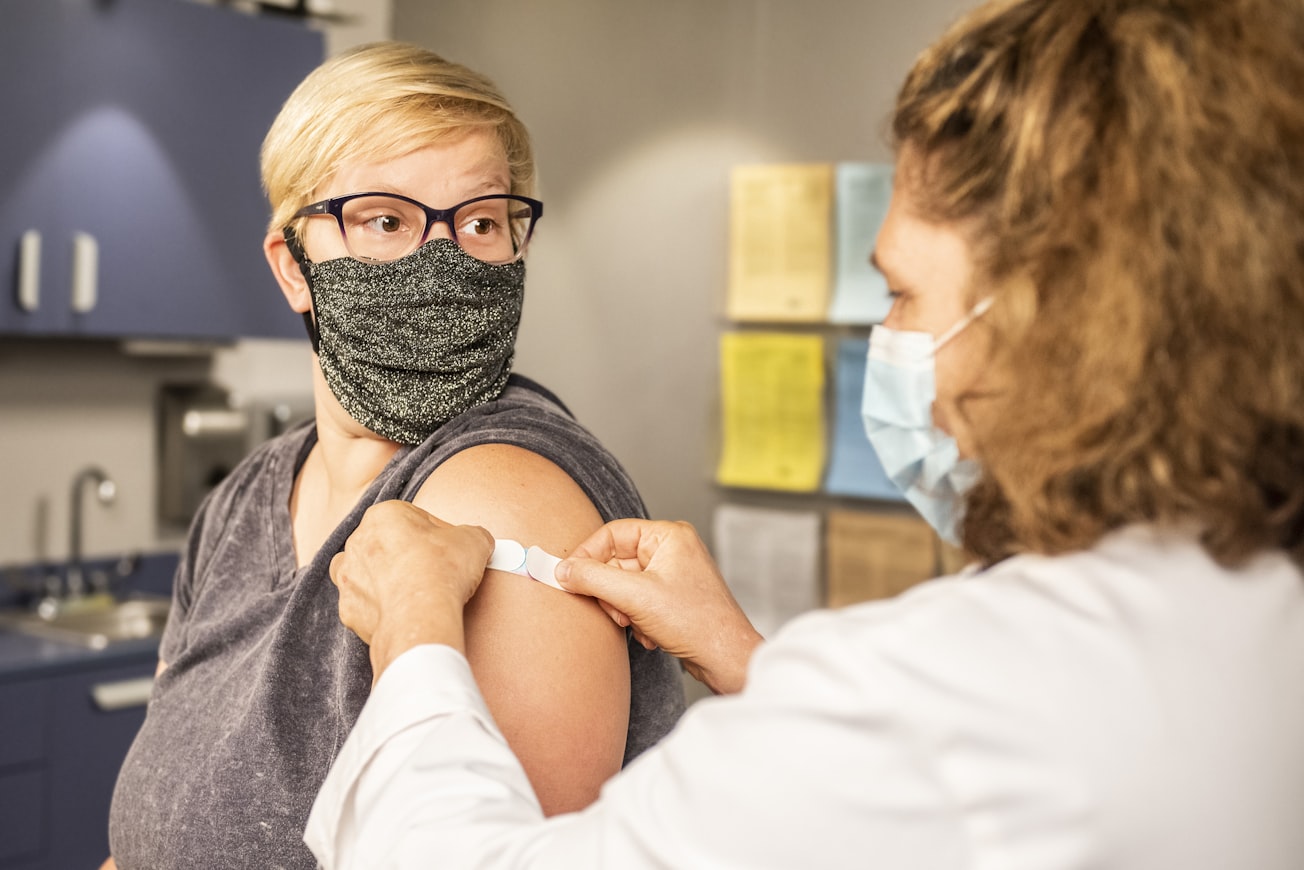What is it about?
The coronavirus pandemic has disportitionately affected marginalized communities. We study the relationship between the social determinants of health covering a broad range of factors and disparities in rates of COVID-19 vaccination rates among Blacks and Whites.
Featured Image

Photo by CDC on Unsplash
Why is it important?
Vaccination is critical to forging a path out of the COVID-19 pandemic, yet structural and social barriers may result in lower access to vaccines for marginalized communities. Unpacking the factors associated with disparities in vaccination rates is critical for the design of outreach strategies. We find that socio-economic privilege and political ideology are robustly associated with disparities in vaccination.
Perspectives
Persistent disparities in health have been a pressing societal and public policy issue for a long time, starkly foregrounded by the COVID-19 pandemic. The goal of health equity can only be achieved if we continue to intentionally focus attention on it and unravel the complexity of the underlying causes. Popular media narratives about the causes of disparities must be affirmed or debunked by rigorous research.
Ritu Agarwal
University of Maryland at College Park
Read the Original
This page is a summary of: Socioeconomic privilege and political ideology are associated with racial disparity in COVID-19 vaccination, Proceedings of the National Academy of Sciences, July 2021, Proceedings of the National Academy of Sciences,
DOI: 10.1073/pnas.2107873118.
You can read the full text:
Contributors
The following have contributed to this page










